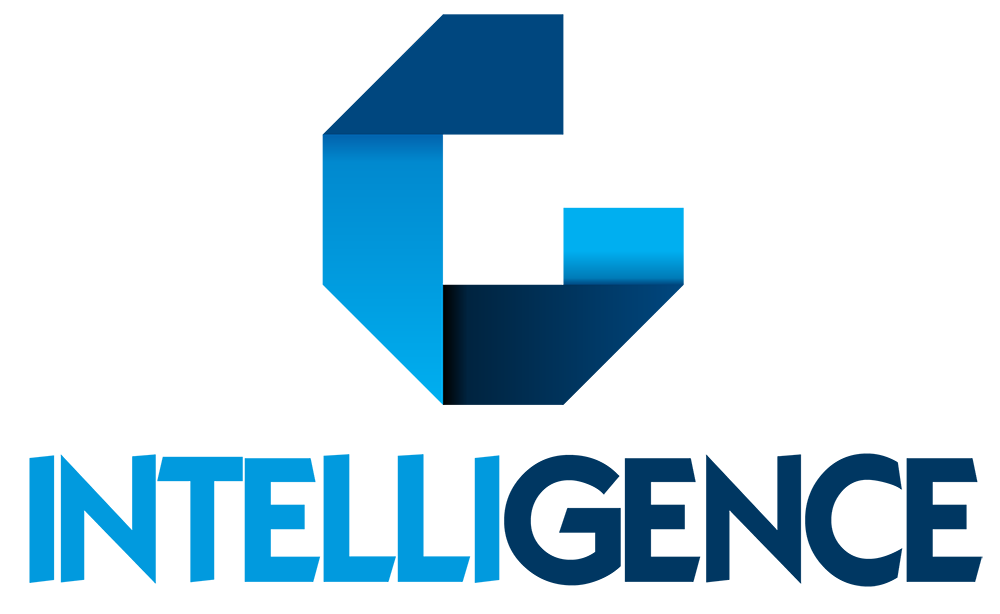Advanced Communication and Interpersonal Skills
Course Schedule

Advanced Communication and Interpersonal Skills
Words are the building blocks of communication, but effective communication also requires confidence, the ability to be assertive, and understanding that how we communicate affects the way that message is received. Asking good questions, understanding the answers, and having a working knowledge of the dynamics of communication are all key strategies included in the Communication Strategies courseware, created to help teach students how to make the most of their communication today!
Time is money, the saying goes, and lots of it gets lost in disorganization and disruption. Today we will learn how to make the most of your time by getting a grip on your office space, organizing your workflow, learning how to use your planner effectively, and delegating some of your work to other people.
- Identify common communication problems that may be holding them back
- Develop skills in asking questions
- Identify what their non-verbal messages are telling others
- Develop skills in listening actively and empathetically
- Enhance their ability to handle difficult situations
- Deal with situations assertively
- Better organize yourself and your workspace for peak efficiency.
- Understand the importance of, and the most useful techniques for, setting and achieving goals.
- Identify the right things to be doing and develop plans for doing them.
- Learn what to delegate and how to delegate well.
- Take control of things that can derail workplace productivity
Introduction and Course Overview: You will spend the first part of the day getting to know participants and discussing what will take place during the workshop. Students will also have an opportunity to identify their personal learning objectives.
- The Ten Commandments of Positive Relationships: During this session, participants will explore ten ways to build positive relationships, including using uplifting messages.
- Self-Awareness: Knowing your fears can help you address them. Participants will complete a self-confidence assessment and then the group will discuss fears and solutions.
- Communication During this session: You will help participants identify their strengths and weaknesses through a personal exercise and a role-play.
- Communication Barriers: After a large group case study, participants will work in small groups to discuss barriers to communication. Participants will also complete a short exercise to illustrate how these barriers apply to everyday life.
- Asking Questions: This session will examine questioning skills (including open questions, closed questions, and probing) through a lecture and a pairs exercise.
- Listening Skills Participants: will work on their listening skills by participating in two quizzes and a role play. We have also provided two lectures for the trainer.
- Remembering Names: To start the second day, participants will complete a list of the names of other participants. Then, the trainer can segue into a discussion on tips for remembering names.
- Body Language: To begin this session, the trainer will talk about the idea of body language in a lecture. Then, participants will complete a small group exercise and a large group exercise to explore the concept further.
- Johari Windows: The Johari Window is a way of looking at our self-awareness and our ability to ask feedback of others. We will look at the Johari Window in detail during this session.
- Self-Image: During this session, we will look at the things people determine from your appearance. Participants will explore this idea further using the pictures gathered from the pre-assignment. The session will conclude with a self-evaluation exercise.
- Frame of Reference: This session will explore our frame of reference and the assumptions that we make through a lecture, large group exercise, and group discussion.
- Five Approaches to Relationships: We will begin this topic with a short lecture. Then, participants will explore a particular approach of their choice in a small group. Next, each group will report their findings.
- Assertiveness: How we see ourselves has an impact on how we interact with others. Through lecture, case studies, and discussion, this session will investigate ways that participants can improve their self-image and thereby deal with difficult situations assertively and positively.
- Building the best relationships by making use of powerful communication techniques
- Know yourself
- Know how to build relations with others
- Use feedback
- Communication styles and the use of them
- Behaviour style analysis – amiable, expression expressive, analyst and driver.
- Knowing your style
- Understanding others styles
- Adapting styles to interact better than others
- Teamwork
- Being a team player
- The stages of group development
- Communicating for the effective teamwork
| Sub Code | BM006 |
| Start Date | Sun,Sep,4,2022 |
| End Date | Thu,Sep,8,2022 |
| Duration | 5 Days |
| Fee(US$) | 3250 |
| Location | Al-Khobar, KSA |
| Reminder |

|

